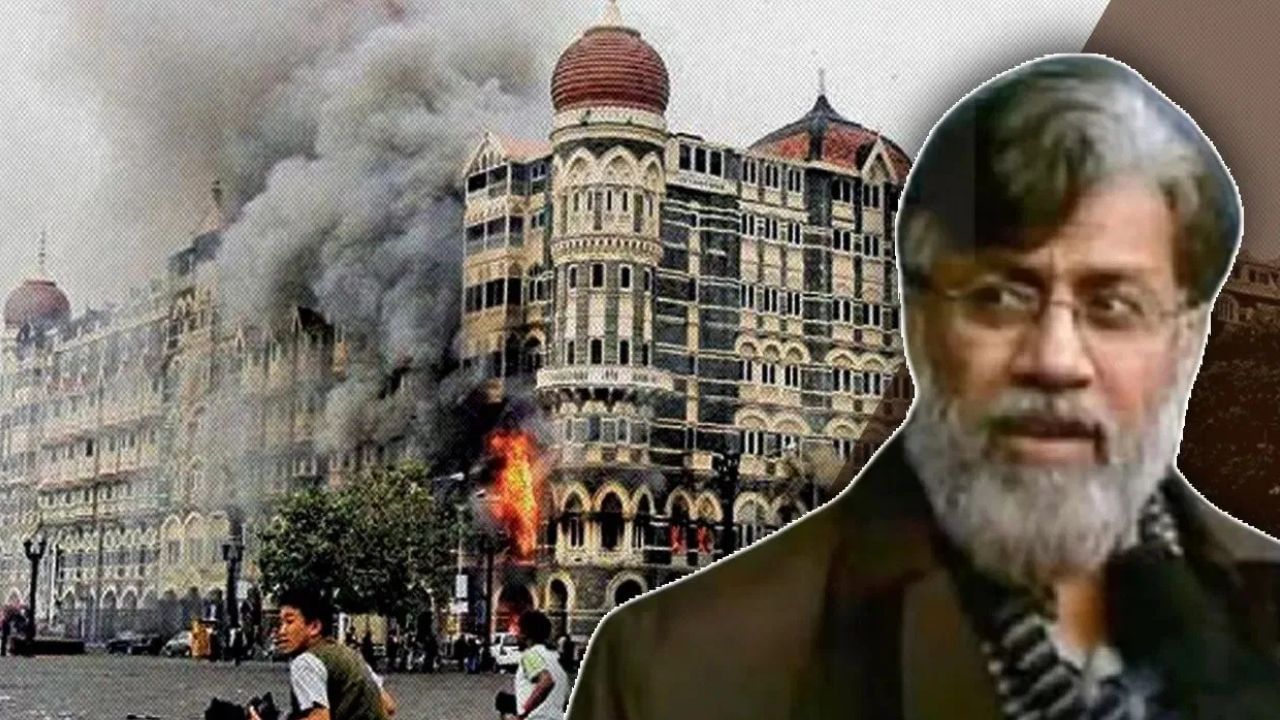
The judiciary in India can fix the death penalty for its heinous crimes for Tehwwur Hussain Rana, the prime accused of the 2008 terror attack in Mumbai. Rana will be tried against Rana under serious allegations like waging war, murder and terrorism against the country in India. For this, he can be sentenced to death, because both Indo-US during the extradition process have not clearly kept the death sentence.
In Indo-America, criminals are sentenced to death in different ways. In such a situation, the provisions of extradition treaty do not come in the way. However, the condition of not being given the death penalty during the extradition process can be placed, but in the case of Rana, no such condition has been placed by the US. Whereas at the time of extradition of Abu Salem in 2005, Portugal was guaranteed not to punish Portugal.
Death punishment was not kept out
According to the legalists, the Government of India has assured the US that Rana will be given complete security during custody in India. He will not be tortured and according to the law, the court will decide the punishment on the basis of evidence and witnesses. During this time, the death sentence has not been kept out.
Under which streams recorded
The National Investigation Agency-NIA also has a provision of death penalty against Rana under which the Indian Penal Code (IPC) has filed a case, in such a situation, the judiciary of the country can surely sentence him to death penalty. Remember that a case of section-121B, 121, 121A, 302, 468, 471 of IPC has been registered against Rana. Apart from this, a case has also been registered under sections 18 and 20 against the illegal activity (prevention) Act-UAPA and terrorist activities.
In this case, lawyer senior advocate Rakesh Dwivedi, Supreme Court lawyers Gyanant Singh and Abhishek Rai say that extradition is a judicial process while exile is a diplomatic process. If Rana had had exile, it would have been taken care of only in the country to serve the death penalty, but in the case of Rana brought by the judicial process of extradition, it is mandatory to comply with every aspect related to the death penalty.
Provision of death penalty in both countries
It is clear in the extradition law that there should be a treaty between the two countries, but if one country is banned or any other punishment is banned or not, then another country cannot apply it to the extradited accused. This is not the case in Rana’s case, because America-India, there is a provision of death penalty in both countries.
The second aspect applies on the condition of not giving death sentence during extradition, but according to the information that has come out of the media so far, no such assurance has been sought by the US nor has been given by India.
ICCPR also does not apply
The third aspect that is associated with the second alternative protocol of the International Contract (ICCPR) on citizens and political rights, which aims to end the death penalty. The second alternative protocol of this contract has been signed from many countries except India. In such a situation, this also does not apply in the case of Rana.
